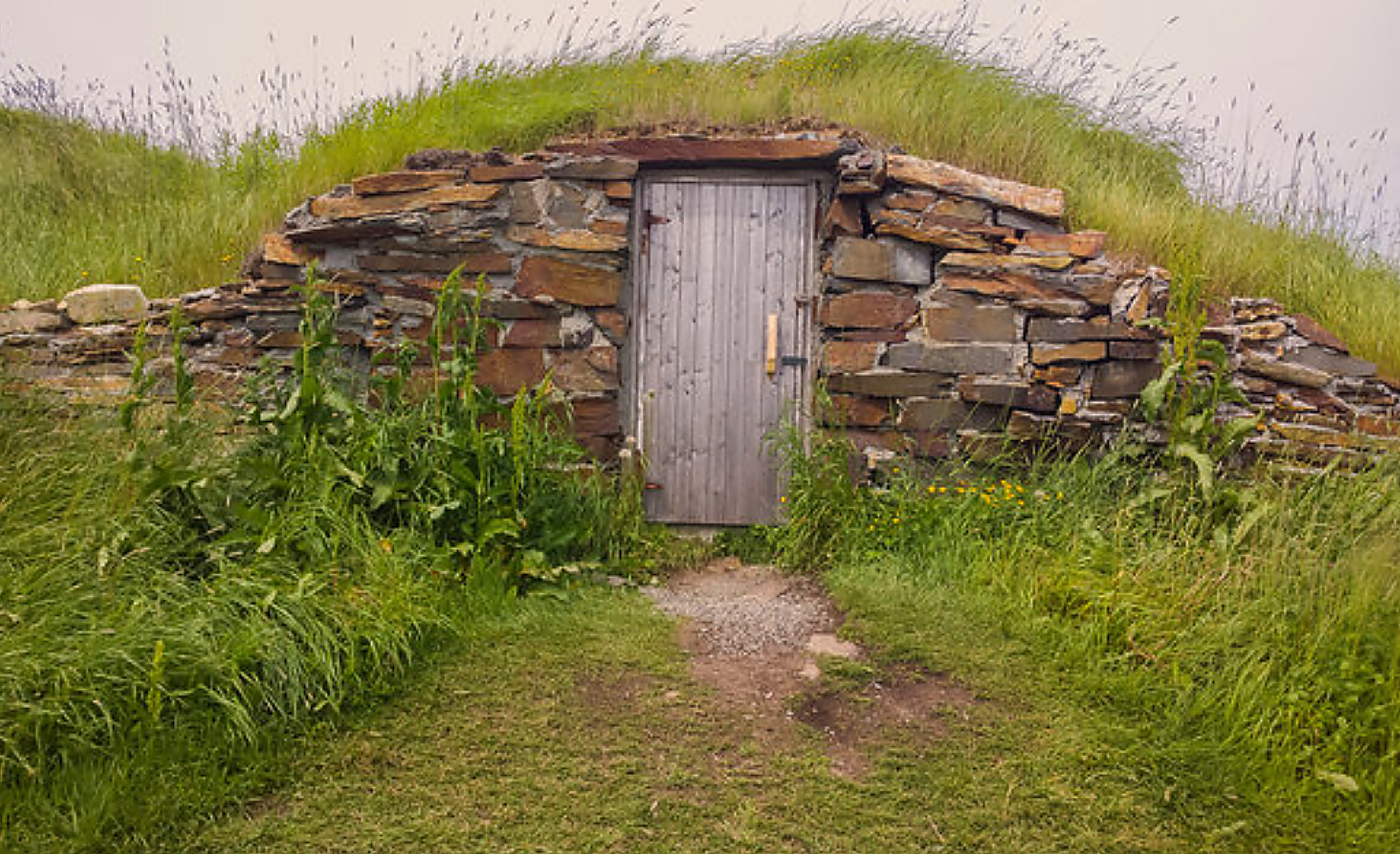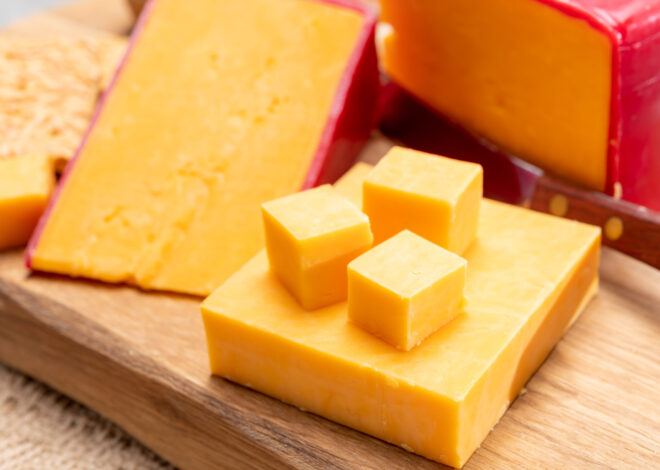
How To Build A Florida Root Cellar
Welcome to our guide on how to build a Florida root cellar. Root cellars have been a staple in home food preservation for centuries. But what if we told you that this traditional storage method could be tailored to thrive in the warm climate of Florida?
Imagine having a cool, dark space where your fresh produce and homemade preserves can last longer, free from the perils of humidity and heat. Building a root cellar isn’t just about storing vegetables; it’s about embracing self-sufficiency and sustainability.
Whether you’re an avid gardener or simply someone looking to reduce grocery trips, creating your own Florida root cellar can transform how you manage your food supply. Ready to dig into this exciting project? Let’s explore why building a root cellar might be one of the best decisions you’ll make!
Why Build a Root Cellar in Florida?
Building a root cellar in Florida offers numerous benefits. The state’s warm climate can make it challenging to store fresh produce for long periods. A root cellar provides a cool, dark environment that extends the life of fruits and vegetables.
With high humidity levels, traditional storage methods often lead to spoilage. A well-constructed root cellar helps regulate temperature and moisture, preserving your harvest effectively. Additionally, homegrown food is becoming increasingly popular among Floridians.
Growing your own vegetables means you need a reliable way to store them after harvest. A root cellar can be an invaluable asset for anyone looking to enjoy their garden’s bounty all year round. Moreover, having this space encourages self-sufficiency.
You’ll rely less on grocery stores and more on what you grow yourself—an empowering shift toward sustainable living in Florida’s unique landscape.
Preparing for Construction: Necessary Supplies and Tools
Before diving into construction, gather all the necessary supplies and tools. This preparation sets the stage for a successful root cellar project. You’ll need materials like concrete blocks or bricks for walls. These provide strength and durability against Florida’s climate.
A solid roof is crucial too; consider plywood or metal sheets to protect your produce. Tools are equally important. A shovel will help you dig out the foundation area, while a level ensures everything stays flat and even.
Don’t forget safety gear like gloves and goggles—working with heavy materials can pose risks. Additionally, stock up on insulation materials such as foam boards to regulate temperature effectively inside the cellar.
Ventilation components like ducting will also be essential later on in your build process, ensuring airflow to keep things fresh. With these items in hand, you’re ready to transform your vision into reality!
Step-by-Step Guide to Building a Florida Root Cellar
Building a Florida root cellar can be rewarding. The process is straightforward if you follow the right steps. Taking these steps will help establish a sturdy framework for your root cellar, priming it for further enhancements and stocking later on.
Step 1: Choosing the Right Location
When it comes to building a Florida root cellar, location is key. Look for a spot that naturally stays cool and dry throughout the year. Ideally, this means choosing an area with good drainage and some shade from trees or structures.
Avoid low-lying areas where water can pool during heavy rains. Instead, opt for slightly elevated ground to prevent flooding.
Consider proximity to your garden or kitchen for easy access when stocking up on fresh produce. A secluded area also helps maintain stable temperatures while minimizing disturbances.
Before making a final decision, scout out potential locations at different times of day. Observe how sunlight hits the area—you want minimal direct sun exposure during peak hours.
Taking time to find the right spot will pay off in maintaining ideal conditions inside your root cellar. Always trust your instincts about what feels like the best place for this essential project.
Step 2: Preparing the Ground
Once you’ve chosen the ideal spot for your Florida root cellar, it’s time to prepare the ground. Start by clearing away any debris, rocks, or vegetation that could interfere with construction.
Next, you’ll want to dig out a space large enough for your cellar’s dimensions. Depth is crucial here; aim for at least five feet below ground level to maintain a cool temperature year-round.
Check the soil drainage as well—Florida can have heavy rains. You don’t want water pooling in your root cellar! If needed, create a slight slope around the perimeter to direct rainwater away from your structure.
Additionally, consider laying down a layer of gravel on the bottom of the excavation site. This will aid in drainage and help keep things dry inside when you start stocking up on produce later on.
Step 3: Building the Walls and Roof
Once you’ve prepared the ground, it’s time to focus on constructing the walls and roof of your Florida root cellar. Start by selecting durable materials that can withstand moisture and temperature changes. Using concrete blocks or treated wood is ideal for this purpose.
Begin with the walls, ensuring they are at least 6 inches thick for optimal insulation. Reinforce them with rebar if you’re using concrete blocks; this will add strength and stability.
For the roof, a sturdy design is crucial. Consider an arched structure to allow water runoff while providing additional support against heavy loads like soil or snow. If using wooden beams, ensure they are pressure-treated to resist rot.
Don’t forget ventilation openings when securing the roof! Proper airflow helps maintain cool temperatures inside, which is vital for food preservation in warmer climates.
Step 4: Creating Proper Ventilation
Ventilation is crucial for a functional root cellar. Without it, you risk higher humidity levels and spoilage of your stored food.
Start by planning the airflow system. A simple method involves using vents positioned at both the top and bottom of the cellar. This design encourages fresh air to flow in while allowing stale air to escape.
Consider installing adjustable vents for better control. In Florida’s humid climate, being able to regulate airflow can help maintain an optimal environment for your produce.
Ensure that your ventilation openings are shielded from direct rain or pests. Adding mesh screens can provide protection while still allowing airflow.
Monitor conditions regularly after construction. Adjusting ventilation as temperatures change will keep your root cellar functioning efficiently throughout the year.
Step 5: Insulation and Waterproofing
Insulation and waterproofing are crucial steps in building a root cellar, especially in Florida’s humid climate. Proper insulation helps maintain stable temperatures inside the cellar, protecting your stored produce from spoilage.
Consider using foam board or spray foam insulation to line the walls. Both options offer excellent thermal resistance. Be sure to cover every inch; gaps can lead to temperature fluctuations that compromise your food storage efforts.
Waterproofing is equally important. Use a high-quality sealant on all external surfaces of your root cellar. This prevents moisture seepage, which could lead to mold growth and ruin your carefully stored items.
Additionally, installing drainage around the foundation will redirect water away from your cellar entrance. This proactive approach keeps excess moisture at bay while ensuring a dry environment for optimal preservation of fruits and vegetables.
Step 6: Stocking Your Root Cellar
Once your Florida root cellar is built, it’s time to fill it with delicious bounty. Start by selecting the right foods that thrive in cool, dark conditions. Root vegetables like carrots, potatoes, and beets are excellent choices.
Fruits such as apples and pears also store well. Ensure they’re firm and free from blemishes before placing them inside.
Consider using wooden crates or mesh bags for ventilation around your produce. This helps prevent mold growth while keeping everything organized.
Don’t forget about preserving items too! Jars of homemade pickles or canned goods can complement your fresh stock nicely.
Regularly check on your stored food to keep an eye out for spoilage. Rotate items based on their freshness to make sure nothing goes to waste during those warmer months when a root cellar may come in handy more than ever!
Tips for Maintaining Your Florida Root Cellar
Regular checks are essential for a thriving root cellar. Start by monitoring temperature and humidity levels. Aim for cool, stable conditions to keep your produce fresh. Inspect for leaks or signs of moisture buildup. This prevents mold growth and preserves the quality of your stored items.
If you notice dampness, consider adding drainage solutions. Pest control is another critical aspect. Set traps or use natural repellents to deter unwanted visitors without harmful chemicals. Rotate your stock regularly to ensure older produce gets used first.
This helps minimize waste while keeping everything organized. Clean the space periodically. A simple wipe down can prevent bacteria and odors from taking hold, ensuring a pleasant environment for storage throughout the seasons.
Best Foods to Store in Your Root Cellar
Root cellars are perfect for storing a variety of foods. The cool, dark environment helps preserve freshness and nutrients. Root vegetables like carrots, potatoes, and beets thrive in these conditions. They can last for months without spoiling.
Fruits such as apples and pears also do well. Their natural ripening process is slowed down by the cellar’s climate. In addition to produce, consider grains like rice or oats. These dry foods benefit from stable temperatures and humidity levels.
Fermented items make great additions too. Jars of pickles or sauerkraut can enhance your storage options while providing healthy probiotics. Don’t forget about preserving herbs! Dried herbs maintain their flavor longer when stored properly in a root cellar setting.
Experimenting with different food types will help you maximize your space effectively while enjoying fresh flavors year-round.
Creative Uses for Your Root Cellar Beyond Food Storage
A root cellar isn’t just for food; it can be a versatile space in your home. Consider turning part of it into a wine or craft beer storage area. The cool, dark environment is perfect for aging beverages. You might also use the cellar as a cozy reading nook.
Add some cushions and soft lighting to create an inviting retreat away from daily distractions. If you’re interested in gardening, transform your root cellar into a seed-saving hub. Store seeds in an ideal climate until planting season rolls around again.
For those with creative hobbies, consider using this space as a workshop for crafts or DIY projects. It provides separation from household chaos while offering ample room for supplies and inspiration. Think about converting it into an emergency prep zone stocked with essential survival gear and supplies—perfectly organized and easily accessible when needed.
Final Thoughts: Building a Florida Root Cellar
Building a Florida root cellar can be an exciting and rewarding project. It offers you a way to store fresh produce, preserve food for longer periods, and even engage in sustainable living practices. With the right planning and execution, your root cellar will not only provide essential storage but also become a valuable asset to your home.
As you embark on this journey, remember that choosing the right location is crucial. A well-drained area with shade will help maintain optimal temperatures inside your root cellar. The construction process may require some effort, but taking it step by step makes it manageable.
Once completed, stocking your cellar with seasonal fruits and vegetables allows you to enjoy farm-fresh flavors throughout the year. Beyond food storage, consider using this unique space as a wine cellar or even an art studio.
With regular maintenance—checking for humidity levels and ensuring proper ventilation—you can keep your root cellar functional for years to come. Embrace the charm of having this underground oasis at your fingertips while reaping its many benefits.
So grab those tools and get started on building your Florida root cellar today! It’s time to create a space that brings both practicality and joy into your daily life.







What a fantastic guide on building a Florida root cellar. It’s interesting to see how practical and adaptable the root cellar concept can be, especially in a place like Florida where the climate poses unique challenges. The idea of using earth temperature for natural refrigeration is so smart, and I love that this article goes beyond just theory and provides actual steps for constructing a root cellar that can handle Florida’s heat and humidity.
The advice on waterproofing and ventilation really stood out to me because managing moisture is such a critical part of preserving food in warm, humid environments. The section on choosing the right location for the root cellar was particularly helpful, as it emphasizes finding a shaded spot to minimize temperature fluctuations.
I’m curious, has anyone here tried using a Florida root cellar year-round? I’d love to know if it truly keeps a consistent temperature through the hottest summer months. Thanks for such an informative article—it’s inspiring to think about how we can apply old-fashioned storage methods even in modern times and different climates!
Hey Amalthe,
Thank you for stopping by and sharing your thoughts on how to build a Florida root cellar. Being from Florida myself, I know how hot and humid Florida weather is. So food storage is difficult at best without all the modern tech we rely on. However, building your own Florida root cellar can be a game changer.
I now live in the Appalachian mountains which possess it’s own set of challenges as well. My brother stills lives in Florida and has his own root cellar which is impressive to say the least. He built his root cellar on high ground and has survived the last three hurricanes that hit his area of the state.
Each time, his root cellar was left in tact and survived without one drop of water flooding his food supply. Not to mention all the power outages that come with the aftermath of a major hurricane. Even though my brother built his root cellar on high ground. He was able to dig a root cellar deep enough below ground to protect his stock from heat and humidity.
Best wishes,